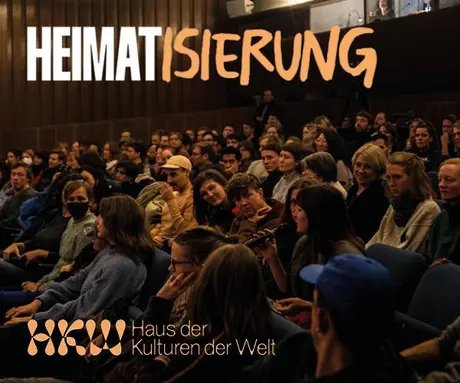
Is that a thing? Colonialism and Memory Culture
Germany has made little progress in addressing its colonial past. Despite a self-image grounded in memory culture, the country has yet to meaningfully confront the crimes of its colonial era.
Where acts of remembrance do exist, they are largely the result of civil initiatives and the relentless efforts of descendants of those affected, who continue to fight for recognition, visibility, and justice.
Colonial violence did not occur solely in its most visibly brutal forms. It also operated through economic exploitation and the scientific dehumanization of colonized peoples—practices that laid the groundwork for atrocities such as the genocide committed between 1904 and 1908 against the OvaHerero and Nama in present-day Namibia. Yet a remembrance culture that focuses exclusively on such mass violence risks obscuring the everyday forms of colonial domination and the structural continuities that persist into the present, shaping global political and economic orders.
Berlin embodies these historical contradictions: both as the former capital of the German colonial empire and a site of sanitized reconstructions of Prussian history and as a city of resistance, then and now. Engaging with colonial history also opens up processes and possibilities of belonging for those who have long called for recognition and accountability.
Is That a Thing? Colonialism and Memory Culture explores how Germany engages with its colonial past and asks how such memory work might be situated within a global context. The aim is to underscore that remembrance is never solely retrospective. It shapes the present and offers impulses for future-orientated, transformative engagement.
In German, simultaneous translation into English, and German Sign Language (DGS)
Dates
July 2025
| Mo | Tu | We | Th | Fr | Sa | Su |
|---|---|---|---|---|---|---|
1
|
2
|
3
|
4
|
5
|
6
| |
7
|
8
|
9
|
10
|
11
|
12
|
13
|
14
|
15
|
16
|
17
|
18
|
19
|
20
|
21
|
22
|
23
|
24
|
25
|
26
|
27
|
28
|
29
|
30
|
31
|



